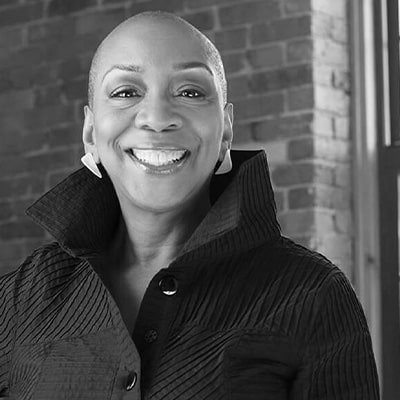If you’re contemplating expatriation, as many are these days, you’d be in stellar company. Notable African American expats include performer Josephine Baker, writer James Baldwin, scholar W.E.B. Du Bois and multi-genre artist Barbara Chase-Riboud, to name a few.
Baker fled the racism of 1920s America to find fame and fortune as a top entertainer in France. During World War II, she further endeared herself to her adopted homeland by becoming a spy for the French Resistance. She was one of very few women to speak at the March on Washington in 1963.

In a move he called a survival strategy from the possibility of “madness, violence and suicide” in the States, Baldwin first relocated to Paris in 1948 at the age of 24. His second sojourn in the South of France (after stays in Turkey and Switzerland) lasted 17 years until his death. Baldwin’s writings during these periods reflected his growing self-discovery and enabled him to view American society from a different geographical perspective.
Du Bois, Harvard’s first African American doctoral graduate (1890), moved to Ghana in 1961, at the age of 93. He was invited by President Kwame Nkrumah to work on his Encyclopedia Africana project during the crest of the Pan-African and Black liberation movements on both sides of the Atlantic. His home and gravesite, now a Memorial Centre, stand in Accra in his honor.
Chase-Riboud was the first African American woman to receive a Master of Fine Arts degree from Yale (1960). After her studies, she moved to London, then to Rome and finally to Paris, gaining fame as a visual artist and sculptor. She became internationally known for her 1979 award-winning novel, Sally Hemings, about the likely relationship between the young enslaved Hemings and American founding father, ambassador to France and early president Thomas Jefferson. Although vehemently rejected by historians at the time, DNA analysis of Hemings’s descendants in 1998 proved her assertions to be fact.
Historically, the African nation of Liberia became, in 1847, the second Black republic in the modern world (after Haiti). It was the fruit of the labor of the American Colonization Society, founded in 1816, to provide repatriation for the growing numbers of the formerly enslaved in the U.S. and Caribbean. The first group of freed slaves arrived in 1822. Two decades later, Liberia declared its independence. Former African Americans are now an estimated 5% of the nation’s population.
Events over the past few years in the U.S., and particularly the past several months, have prompted a growing interest in the notion of repatriation. Ghana, Sierra Leone, Nigeria, South Africa, Gabon and Cape Verde have extended citizenship rights or pathways to citizenship to African Americans. Other countries, such as Spain, Portugal, Indonesia (Bali), Costa Rica and Mexico, have vibrant expat communities and offer an easier ability to live and work remotely for periods of time.
For the past two years, I have been spending intermittent months at the Mwasi Healing and Restoration Center, a growing Black-centered community founded by African Americans in Marrakech, Morocco. As an investor and now Resident Elder, I see firsthand the wonders and worries of living abroad.
Wonders – watching the property grow from a small riad (hotel villa) and grounds to include a spa, boutique, restaurant and workshop tent, with open acreage awaiting permits to build new bungalows for guests, investors and artist residencies. During the fall and spring seasons, weekly retreat guests, mostly from America, come for the respite and nourishment provided by Mwasi inside Morocco’s vivid landscape and rich artistic expressions in all forms.
Worries – communicating through the many language and cultural nuances between local staff, immigrant workers, service providers and government officials; maintaining the financial and other resources necessary as a visitor; navigating time zones; dealing with occasionally spotty internet service; observing religious and societal norms in dress and decorum; and changing perceptions of U.S. politics.
From the local, immigrant and African American staff and Marrakchi vendors, business leaders and civil servants to the international tourists and the tribe of cats living on the premises, the entire effort sounds ripe for a Netflix series. For me, community-building is self-determination in action – 80% hard work, 20% absolute joy and 100% worth it. The satisfaction comes from the work and the results.
Wherever you decide to move, and for whatever reasons, go with something to offer. Study the country’s history and culture. Remember you are a guest in the country, and give it your best. Be prepared for things to not be as they are at home. They will be beautifully different, including experiencing the warmth and gracious welcome of the people of the land and the satisfaction of seeing your mental and spiritual horizons expand as your reward.
March On!




